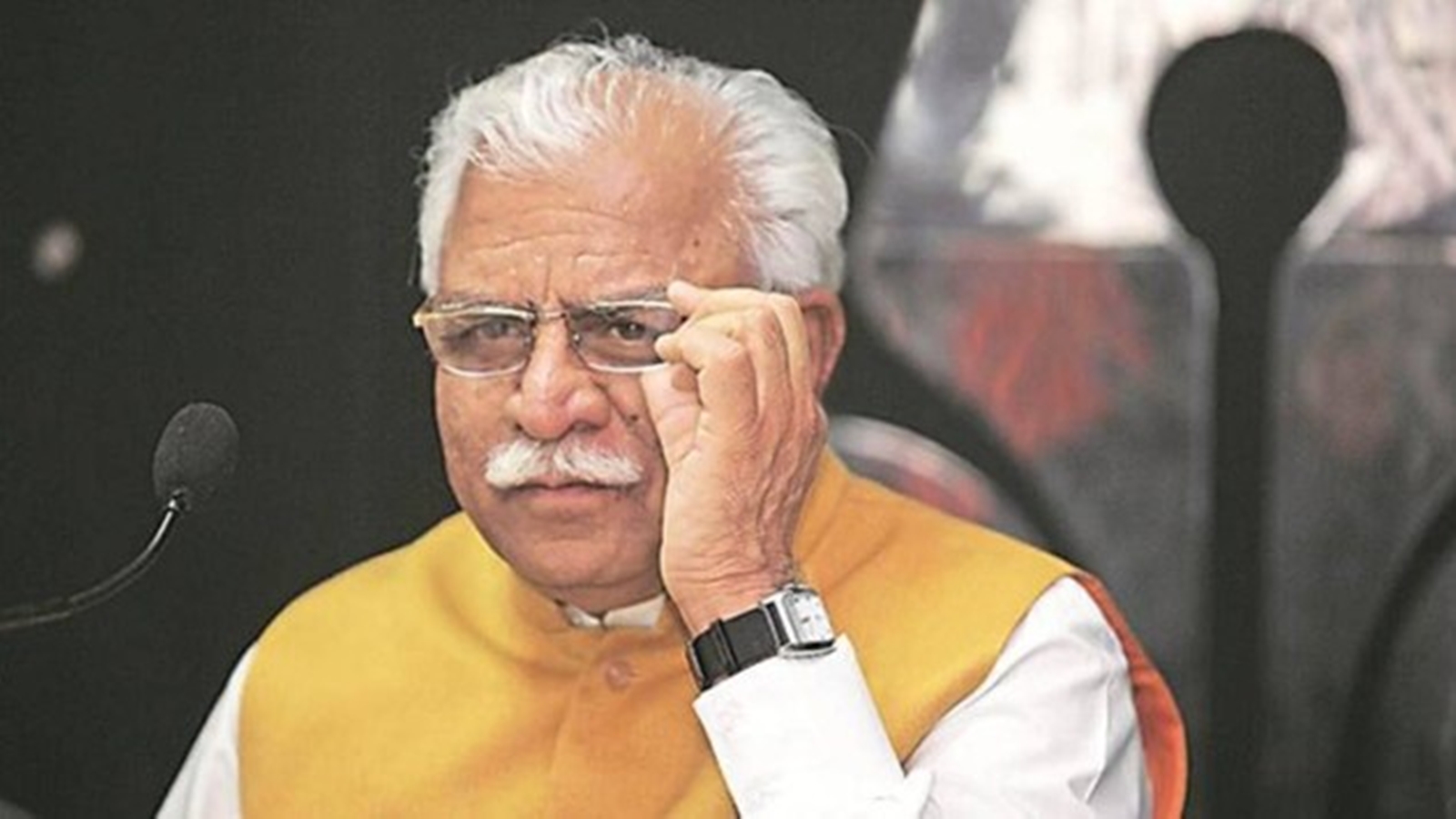India's Energy Sector: Transition, Priorities, and Focus Areas
Key Ideas
- Continuity and change in India's energy ministries with new ministers appointed to power, renewable energy, and coal portfolios.
- Focus areas include accelerating energy transition, promoting green hydrogen, increasing domestic energy production, and attracting private sector investment.
- Efforts to expand fuel retail network, enhance renewable energy capacity, reform power distribution, and boost domestic coal output are key priorities.
The energy sector in India is witnessing a mix of continuity and change in ministerial positions, with Hardeep Singh Puri retaining the petroleum portfolio while new ministers have been appointed to power, renewable energy, and coal ministries. The new power minister, Manohar Lal Khattar, and the Minister of New and Renewable Energy, Pralhad Joshi, are set to lead efforts in transitioning towards green energy sources and promoting initiatives like green hydrogen. G Kishan Reddy has been entrusted with the coal portfolio. The ministries are tasked with balancing fossil fuels and green energy sources, increasing energy production, reducing energy imports, and attracting investments. Specific priorities include expanding fuel retail networks, enhancing renewable energy capacity, reforming power distribution, and boosting domestic coal output to meet the country's increasing energy demand. India aims to become a global hub for green hydrogen production, with efforts already underway to develop a green hydrogen ecosystem and promote local manufacturing. The focus on accelerating energy transition and promoting clean energy signifies a positive direction for India's energy sector, crucial for the country's economic growth.
